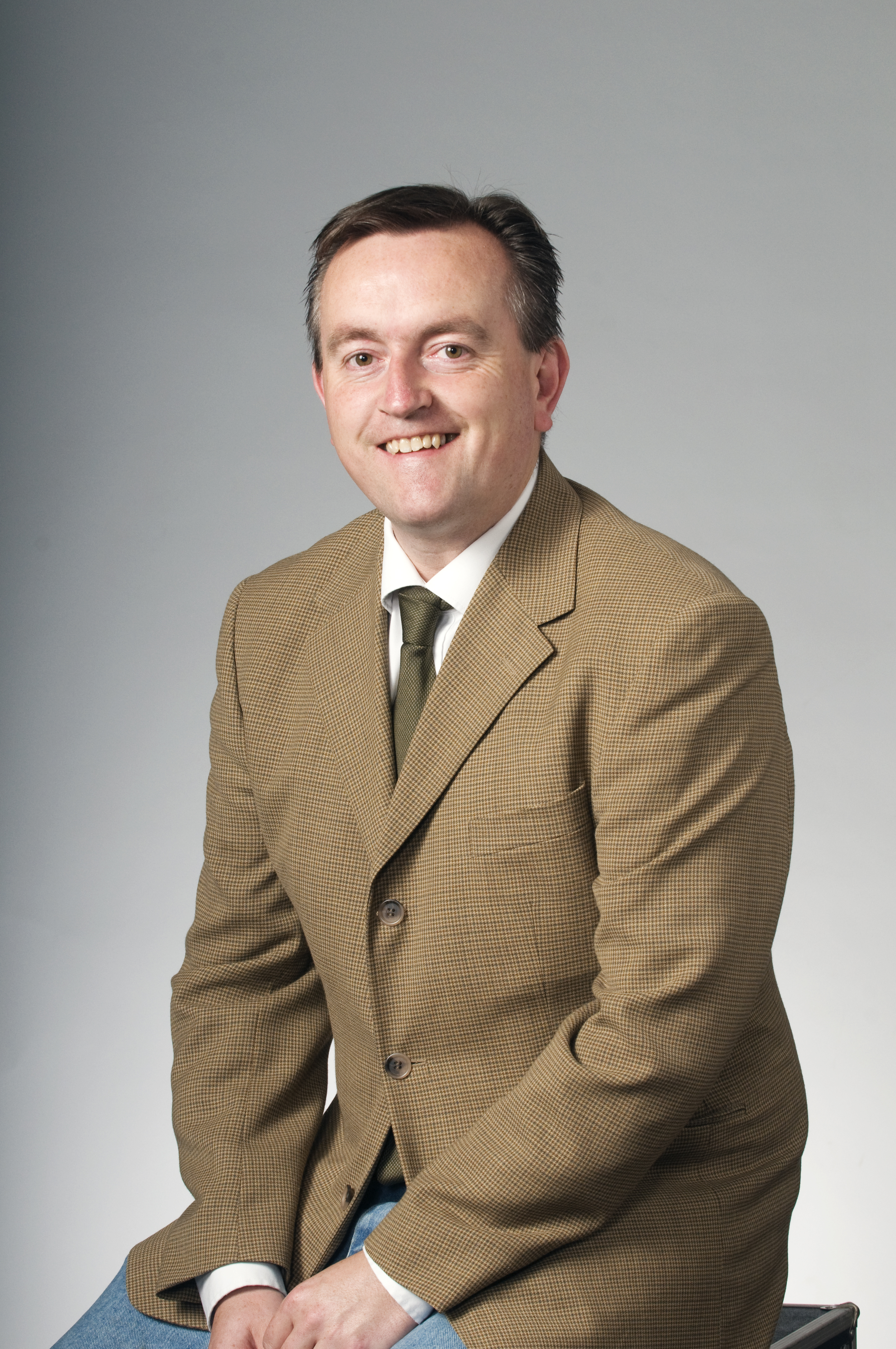New world of copyright compliance
In what Martin Phillipson describes as the brave new world of copyright, the University of Saskatchewan is working to put in place the resources instructors need to ensure their teaching materials comply with both internal policy and federal copyright law.
By Colleen MacPherson "We're really taking a three-pronged approach to addressing copyright in the post-Access Copyright era on campus because while the law hasn't changed, it's not business as usual any more," said Phillipson, a law professor and the acting vice-provost of faculty relations. "We have to have a defensible or robust system in place to verify copyright compliance that will stand up to outside scrutiny."
"We're really taking a three-pronged approach to addressing copyright in the post-Access Copyright era on campus because while the law hasn't changed, it's not business as usual any more," said Phillipson, a law professor and the acting vice-provost of faculty relations. "We have to have a defensible or robust system in place to verify copyright compliance that will stand up to outside scrutiny."
The U of S was one of about 30 Canadian universities that withdrew from the Access Copyright collective at the end of August after proposed changes to that organization's tariff were deemed unacceptable. The university's first efforts were on the education front, informing teaching staff of what the change will require, said Phillipson. "Copyright compliance is the joint responsibility of the institution and the individuals who teach for us."
The second and third prongs of the copyright strategy involve marshalling both the technological and human resources needed to assist faculty and other teachers in determining "what they can and cannot do with particular material." On the technology front, Phillipson said the University Library will be purchasing software to help locate appropriate materials that meet the pedagogical needs of instructors. In terms of human resources, there are already people on campus assisting with copyright licences and permissions "but we want to consolidate those supports in a more coherent way so faculty will know where to go to get the answers they need."
The goal, he said, is a system to assure copyright compliance and while the details have yet to be finalized, it will likely involve a sign off process at the department level. "The balancing act is to meet our legal obligations without interfering with the academic mission of the university."
Phillipson noted the university's existing copyright policy, which was approved in 2009, would not require any updating to meet the institution's compliance objectives.
In terms of faculty response to the changes, Phillipson said some are concerned about individual responsibility "but I think most appreciate and understand their legal obligations." The education efforts will continue, he said, and he hopes copyright compliance supports and procedures will be in place by the end of the calendar year.

